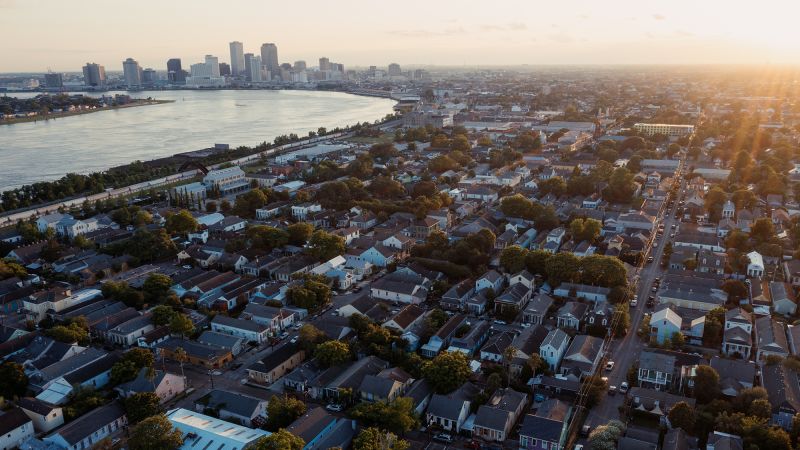The home insurance market is crumbling in New Orleans, leaving Alfredo Herrera with few options for coverage — and skyrocketing insurance premiums.
Herrera, 35, works in finance for a local bank. He bought his 900-square-foot home in New Orleans’ Mid-City neighborhood in 2020 for $270,000, and lives there with his partner.
In 2022, he paid $1,600 a year for home insurance. But last July, his insurer canceled his coverage, saying it was leaving Louisiana.
In the past, acquiring or keeping homeowners’ insurance didn’t present much of a problem.
But as climate change increases the frequency and severity of extreme weather, insurers — especially those in areas most impacted by floods and fires — are raising their premiums, or pulling out altogether, impacting the affordability and availability of home and fire insurance.



This is the thing I wish we could see more of. Why are people stuck on this idea that they have a “right” to live in the spaces even though the economics say otherwise? It’s time to rebuild our urban cores and keep everyone out of the forests except for recreation.
You have a right to live there. I have no problem with people living in these areas.
What I disagree with is the expectation that the rest of society pay for that right when it’s an area that you know will get damaged.
With insurance (not that I’m in favor of private enterprise profiting off your potential for catastrophe) that cost was spread out over you and your neighbors, maybe even some of the rest of the insurers customers, with increased premiums.
But if you choose to stay in a known disaster-prone area where homes are expected to be wrecked fairly regularly, society (the taxpayer) shouldn’t be on the hook for that.
(I say “fairly regularly” I don’t mean someplace that might get a random tornado, but places that are regularly impacted by hurricanes such as the East/southeastern coastal areas, flooding along the Mississippi, etc.)